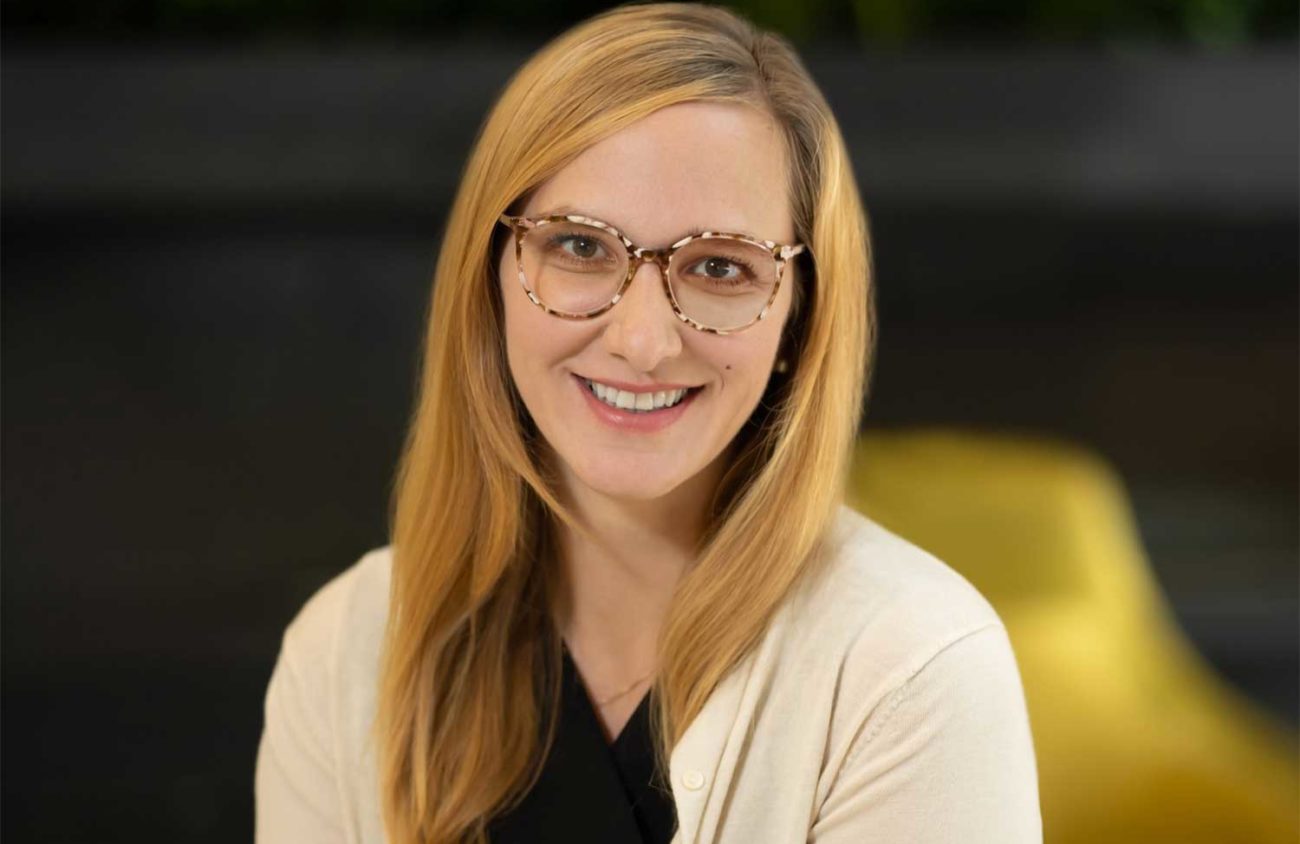Oregonians spend most of their lives working, and many of them may not know the role that the state’s Bureau of Labor & Industries has in supporting their labor rights.
Christina Stephenson is running against former state Rep. Cheri Helt of Bend to serve as BOLI’s commissioner and head up an agency whose responsibilities include supporting apprenticeship programs, informing workers about their rights and investigating workplace violations.
Stephenson says that, if elected, she wants to continue the agency’s work on investing in apprenticeship programs, which outgoing Commissioner Val Hoyle worked on during her term, and increase public awareness of the agency that can benefit workers and business owners. Hoyle is currently running for Congress.
Helt did not respond to Eugene Weekly’s multiple requests for an interview.
Stephenson is a Portland-based civil rights lawyer. She received 47 percent of votes in the May primary election, short of the 50 percent required to avoid a runoff election, so she faces Helt, who received 19 percent of the vote.
BOLI enforces the labor laws passed by the Legislature, so it can’t create or erase legal statutes, Stephenson says. She says that the businesses she’s spoken with want the laws enforced to level the playing field. “They don’t want to have to compete with a business down the street that is using wage theft as part of their business model,” she says.
But the number of labor complaints is low compared to the number of businesses that operate in Oregon, Stephenson says. “It’s really a small fraction,” she adds. “If we can invest even more in technical assistance for businesses, I think we could even shrink that number of complaints by making sure we have a robust communication program.”
A way to cut down on violations is to remind businesses about labor laws, Stephenson says, such as new regulations passed by the Legislature. She says she wants to direct the agency to analyze the data on common violations as a way to inform BOLI’s outreach with business owners.
But Stephenson isn’t focused only on BOLI’s communication with businesses. She says she wants to work on increasing BOLI’s partnerships so more Oregonians know about the agency and what it does. “Make sure that we have better partnerships with folks on the ground,” she says. “Working with groups that have built trust in communities that may be reluctant to interface with government agencies.”
As commissioner, Hoyle worked to increase apprenticeship at BOLI, and that’s something that Stephenson says she wants to continue. She says that she wants to see that there are apprenticeship programs for wildland firefighters and health care workers. And she wants to advocate for BOLI personnel who can strengthen relationships with K-12 schools so 16- and 17-year-olds can enroll in pre-apprenticeship programs, preparing them for apprenticeships after high school.
Stephenson has raised $1.42 million in her campaign for BOLI commissioner. Her biggest cash supporters have been labor unions, including $200,000 from Local 48 Electricians Political Action Committee, $100,000 from Pacific Northwest Regional Council of Carpenters and $70,000 from Oregon Nurses PAC.
Helt has raised $517,000. Her largest support is $60,000 from Oregon Realtors PAC, $60,000 from the American General Contractors PAC (AGC) and $30,000 from Freres Lumber Company.
Stephenson has received more endorsements than Helt. Although Helt is supported by two of the three current gubernatorial candidates, unaffiliated Betsy Johnson and Republican Christine Drazan, Stephenson has been endorsed by the past five BOLI commissioners, as well as several legislators and labor organizations.
“People appreciate the fact that I’ve spent tens of thousands of hours with the law that’s enforced by [BOLI], and that I have an articulated plan to invest in apprenticeship programs,” Stephenson says. “Those issues — moving our economy forward, treating workers with dignity — they’re nonpartisan.”
